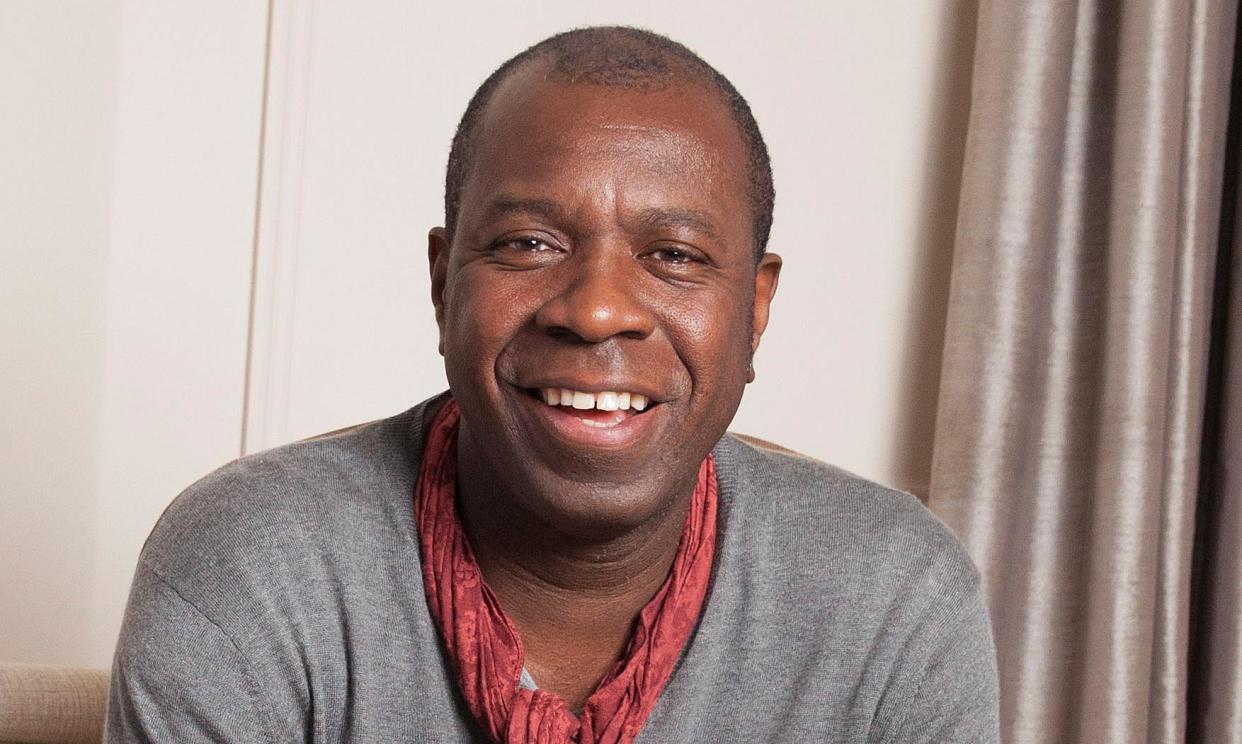‘It’s the front line of being British’: Clive Myrie on hosting BBC election night, and the racism he has endured

Clive Myrie has detailed the racism he has experienced during his broadcasting career, as he prepares to present the BBC’s general election night programme.
Speaking to Lauren Laverne on BBC Radio 4’s Desert Island Discs, broadcast on Sunday, the 59-year-old listed some of the insults and threats he has endured, including being sent faeces and pictures of gorillas in the post.
In 2017, he received death threats from a man who described the type of bullet he would use to kill him and who was later arrested and prosecuted. “I was shaken. I thought it’s just someone showboating,” Myrie recalled. “It turned out that he had previous convictions for firearms offences.”
On the evening of 4 July, the news anchor and Mastermind host will lead the BBC’s election television coverage alongside Laura Kuenssberg. For three and a half decades the prestigious results show was presented by David Dimbleby, who led his 10th and final general election night team in 2017. Now, for the first time, a black man and a woman will steer viewers through the night.
Related: Campaign catchup: Farage crossover, Swinney knee-shower, Curtice rhubarb-grower
Myrie wants to communicate “the buzz of being on the front line”, he said, admitting to Laverne that there is “a lot of pressure” to get it right. “There’s a wonderful nervous energy. I’m getting my head around a lot of statistics. It’s the front line of what it means to be British regarding the elections.”
Born in Bolton, Myrie joined the BBC’s journalism trainee scheme in 1988. “I didn’t want to be seen as a black journalist. I wanted to be a journalist who just happens to be black,” he said. “I didn’t want my colour to define who I am, and the BBC understood that.”
About election night, he said: “I want people to get a sense of where this country is going. But we want to try and make it fun too; it is not just going to be a night for geeks.”
Myrie also spoke about the impact of the Windrush scandal. In 2017 the Guardian helped uncover the fact that the UK Home Office had not kept records of the Caribbean people who had settled in Britain since the late 1940s and had also destroyed landing cards. This meant those affected could not prove they were in the country legally and were barred from healthcare, work and housing.
Myrie’s two older brothers, who came to the UK from Jamaica in the 1960s, did not have the necessary paperwork. While his brother Lionel now has the right to remain, his other brother Peter died before his case was concluded.
Myrie also said his emotional response to the news has increased as he has got older. He said: “It feels as if the pain of others, the regrets, the longing, the sadness affects me more. I haven’t got used to it.”

 Yahoo News
Yahoo News 
